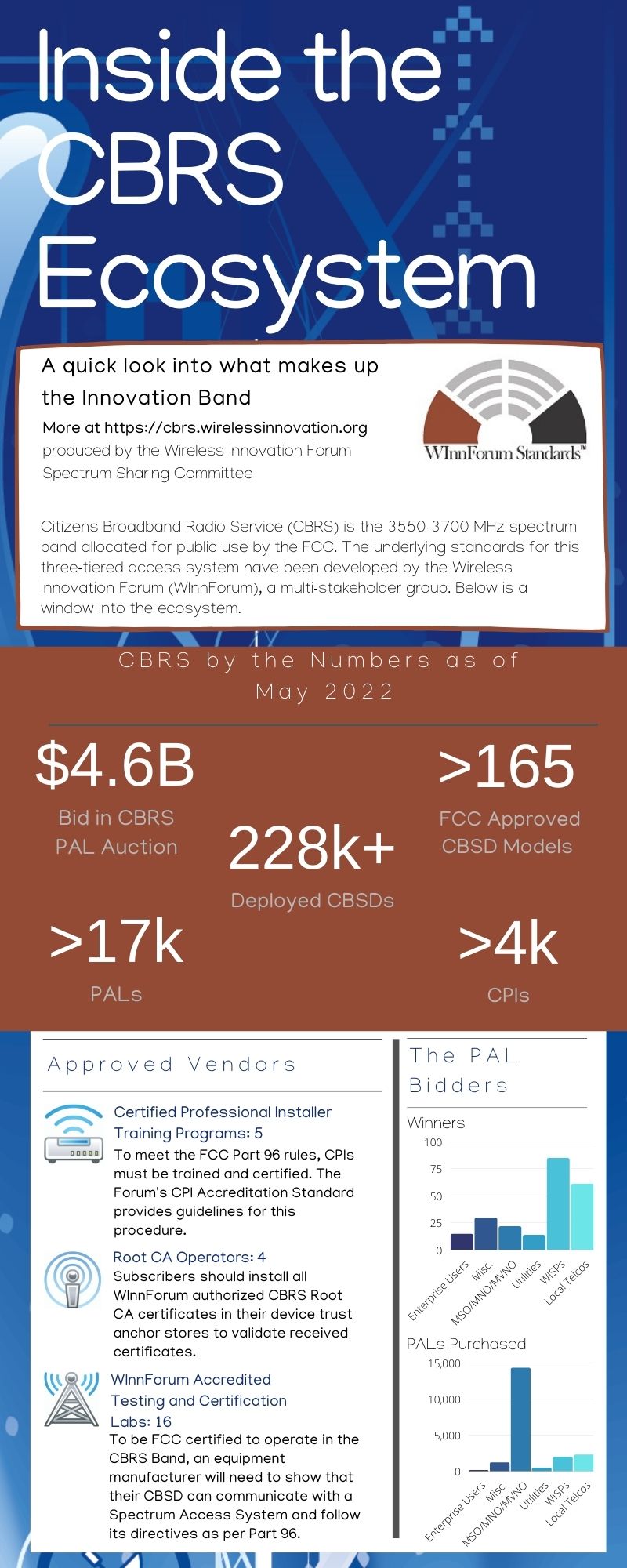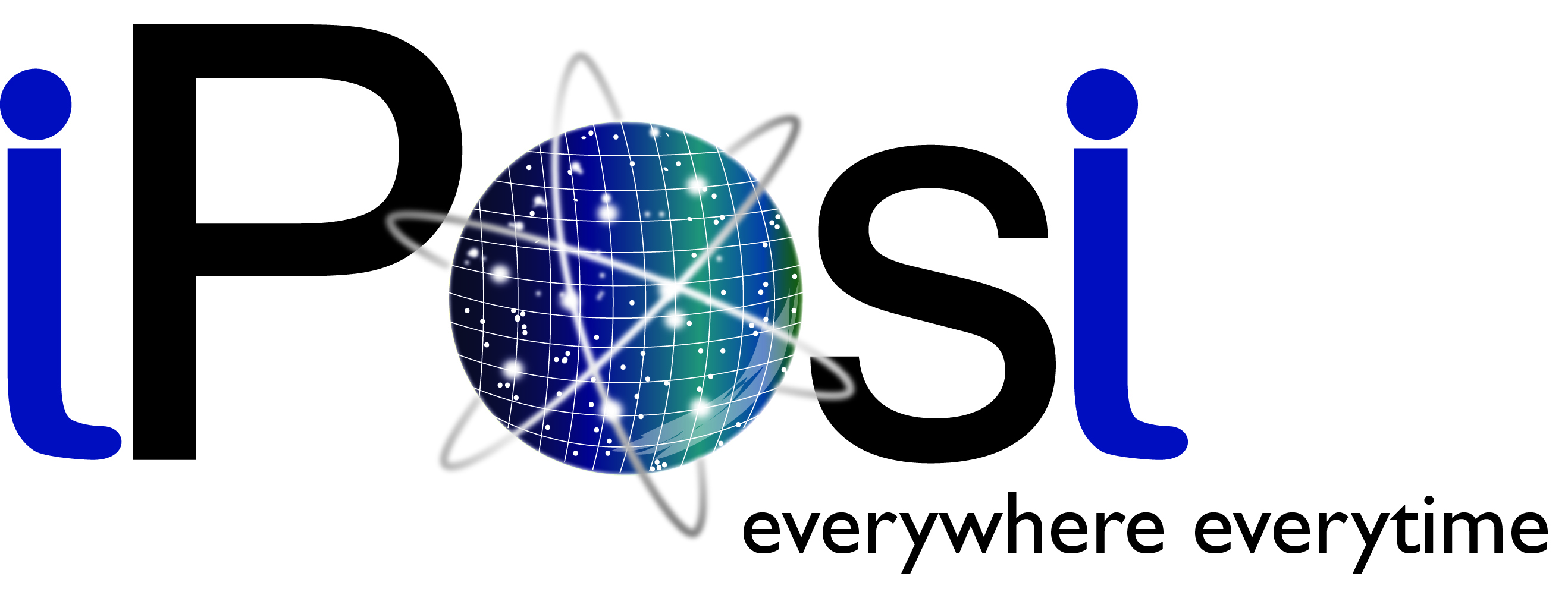Fall Wireless Innovation Forum CBRS Workshop SpeakersWhat are the Challenges to Full Implementation of CBRS, 20 September 2023
Real Time Awareness of Radio Environment - Sensing versus Informing, 21 September 2023
What are the Challenges to Full Implementation of CBRS
20 September 2023
9:00 Introduction of WorkshopPreston Marshall, Google and Cochair of the CBRS Committee 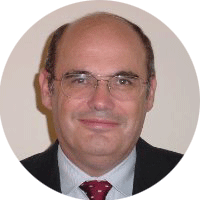 Developing the policy, technology, and systems needed to create wireless abundance. Immediate focus is on the application of shared spectrum to enable massive increases in wireless capacity. CBRS is the current focus for this effort, and expanding opportunities and ecosystem support for innovative deployments, including neutral host, private, and offload networks. Previously Deputy Director at USC Information Science Institute, with a personal research program in wireless technology, self-forming content delivery networks, electronic warfare, and algorithms for managing decisions in complex, ambiguous, and information-constrained environments. Participated in the Presidents Council of Advisers (PCAST) study on spectrum sharing, leading directly to the CBRS band. Was the witness to defend Administration PCAST study and initiative in Congressional Committee hearing. Developing the policy, technology, and systems needed to create wireless abundance. Immediate focus is on the application of shared spectrum to enable massive increases in wireless capacity. CBRS is the current focus for this effort, and expanding opportunities and ecosystem support for innovative deployments, including neutral host, private, and offload networks. Previously Deputy Director at USC Information Science Institute, with a personal research program in wireless technology, self-forming content delivery networks, electronic warfare, and algorithms for managing decisions in complex, ambiguous, and information-constrained environments. Participated in the Presidents Council of Advisers (PCAST) study on spectrum sharing, leading directly to the CBRS band. Was the witness to defend Administration PCAST study and initiative in Congressional Committee hearing.
9:15 Operators perspective - panel session moderated by Preston Marshall, Google
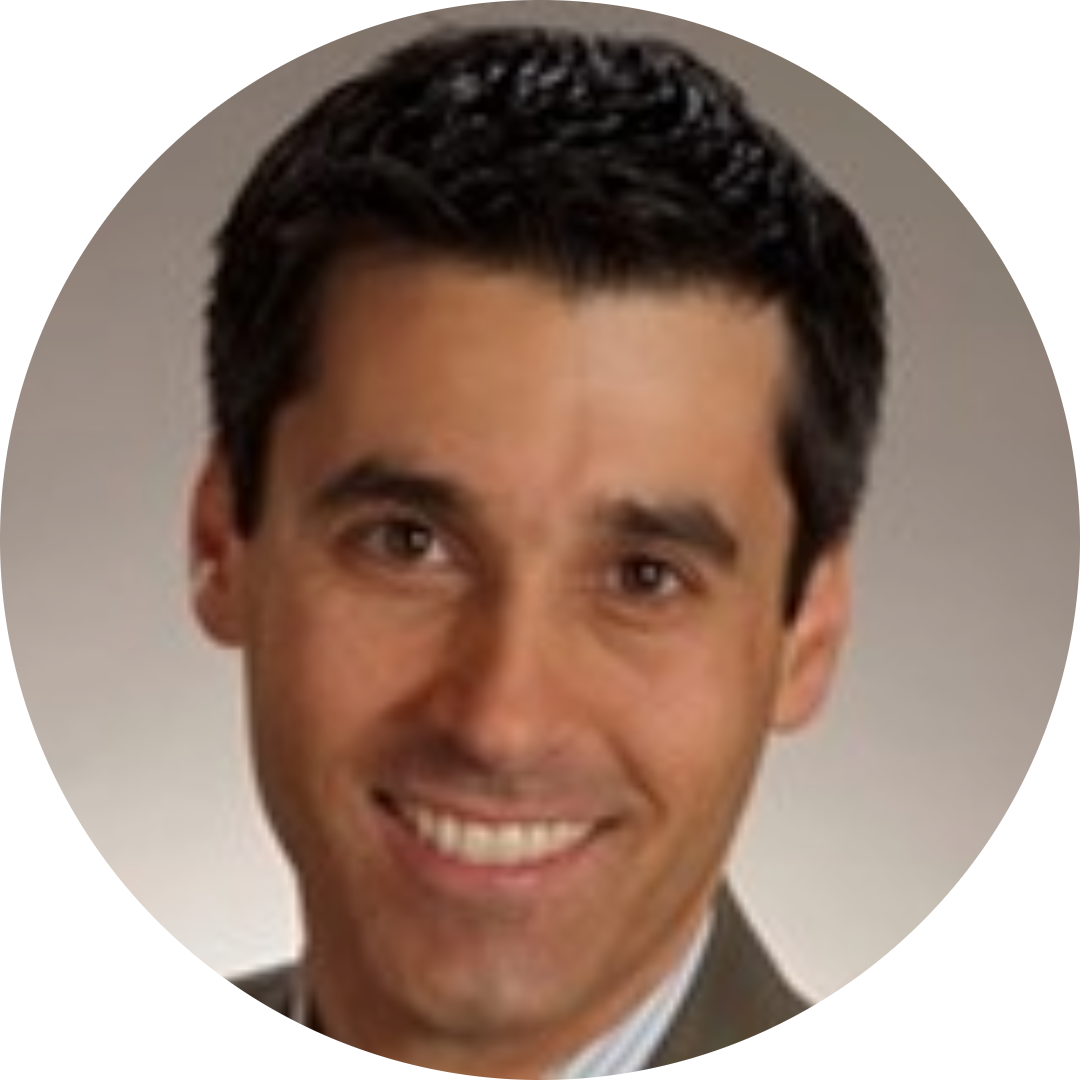 Joe Attanasio is Executive Director of Wireless Network Engineering at Comcast. Relying on thirty years of experience in communication systems engineering, Joe helps Comcast enrich its broadband access services and unlock new business opportunities through his evaluation and implementation of various wireless technologies. With scars and souvenirs from every stage of development, Joe’s work includes strategic planning, network architecture and design, as well as hands-on network deployment and operations. An industry leader, Joe has contributed to several wireless standards organizations and served six years on the board of directors for Wi-Fi Alliance. And for many years, Joe has worked closely with Comcast’s regulatory affairs team, providing technical guidance that shapes the company’s spectrum advocacy efforts Joe Attanasio is Executive Director of Wireless Network Engineering at Comcast. Relying on thirty years of experience in communication systems engineering, Joe helps Comcast enrich its broadband access services and unlock new business opportunities through his evaluation and implementation of various wireless technologies. With scars and souvenirs from every stage of development, Joe’s work includes strategic planning, network architecture and design, as well as hands-on network deployment and operations. An industry leader, Joe has contributed to several wireless standards organizations and served six years on the board of directors for Wi-Fi Alliance. And for many years, Joe has worked closely with Comcast’s regulatory affairs team, providing technical guidance that shapes the company’s spectrum advocacy efforts
10:30 Break11:00 Manufacturers perspective - panel session moderated by Mark Gibson, CommScope
 Jayasheel Shetty (Jay) is currently working as Head of Solutions – US Majors accounts with Nokia serving all Tier3 Regional operators, Cable customers, Mobility and Wireline customers having domain expertise on Mobile Network Access Solutions. He is having telecom expertise with over 19 years working with Nokia and Motorola OEM product vendors in the field of Cellular & Wireless Broadband networks primarily focused in RAN product evaluation, development, architecture, and commercialization spanning from 2G, WCDMA, LTE and now 5G across FDD and TDD licensed and shared spectrum. Jayasheel Shetty (Jay) is currently working as Head of Solutions – US Majors accounts with Nokia serving all Tier3 Regional operators, Cable customers, Mobility and Wireline customers having domain expertise on Mobile Network Access Solutions. He is having telecom expertise with over 19 years working with Nokia and Motorola OEM product vendors in the field of Cellular & Wireless Broadband networks primarily focused in RAN product evaluation, development, architecture, and commercialization spanning from 2G, WCDMA, LTE and now 5G across FDD and TDD licensed and shared spectrum.
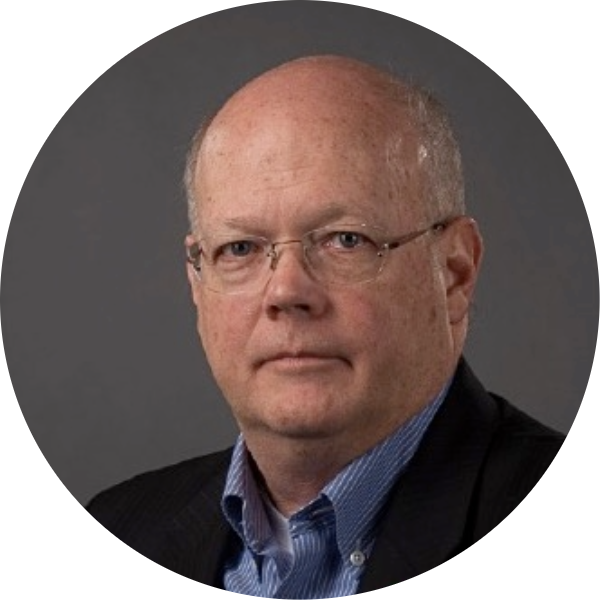 Ed has been at Ruckus/CommScope for 13 years and is currently a systems engineer manager on the federal team. Before moving to the federal team he spent 9 years working with MNOs with in North America in their quest to learn and deploy Wi-Fi. Before that he spent 14 years supporting wireless broadband providers using both licensed and unlicensed spectrum throughout North American and the Caribbean. And was a product manager for a WiMAX solution for use by operators for fixed and mobile broadband. Ed has been at Ruckus/CommScope for 13 years and is currently a systems engineer manager on the federal team. Before moving to the federal team he spent 9 years working with MNOs with in North America in their quest to learn and deploy Wi-Fi. Before that he spent 14 years supporting wireless broadband providers using both licensed and unlicensed spectrum throughout North American and the Caribbean. And was a product manager for a WiMAX solution for use by operators for fixed and mobile broadband.
12:00 Government perspective – Moderated by Richard Bernhardt, WISPA and Co-chair of the CBRS Committee
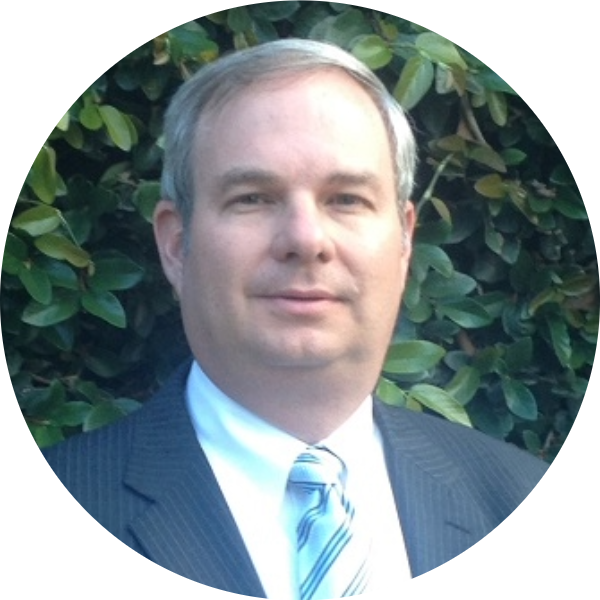 Charles Cooper is Director of NTIA’s Office of Spectrum Management. He leads the agency’s work on national and international spectrum policy issues, and oversees spectrum management efforts for federal agencies. He is responsible for frequency assignment and certification, and other strategic planning functions. Before joining NTIA in 2019, Cooper was the Enforcement Bureau Field Director at the Federal Communications Commission (FCC) where he managed the nationwide enforcement of spectrum interference affecting public safety communications, FCC licensees and Federal agencies. Prior to serving as Field Director, Cooper was District Director of the FCC’s Los Angeles Field Office. Cooper is both an electrical engineer (B.S.E.E.) and a registered professional engineer (P.E.). Charles Cooper is Director of NTIA’s Office of Spectrum Management. He leads the agency’s work on national and international spectrum policy issues, and oversees spectrum management efforts for federal agencies. He is responsible for frequency assignment and certification, and other strategic planning functions. Before joining NTIA in 2019, Cooper was the Enforcement Bureau Field Director at the Federal Communications Commission (FCC) where he managed the nationwide enforcement of spectrum interference affecting public safety communications, FCC licensees and Federal agencies. Prior to serving as Field Director, Cooper was District Director of the FCC’s Los Angeles Field Office. Cooper is both an electrical engineer (B.S.E.E.) and a registered professional engineer (P.E.).
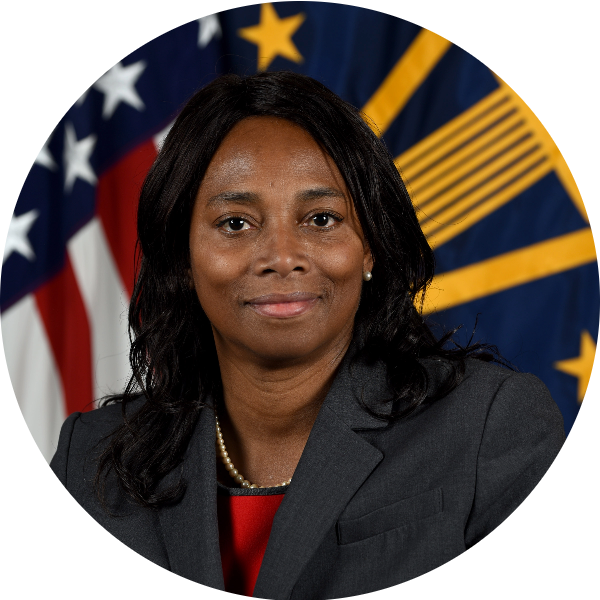 Mrs. Vernita D. Harris is a member of the Senior Executive Service and serves as the Director Electromagnetic Spectrum Enterprise Policy & Programs. In this role, she provides executive leadership, strategic guidance, implementation and direction for management and use of the electromagnetic spectrum, develops and coordinates DoD’s spectrum, Internet, and information and telecommunication policy positions with the Department of State, National Telecommunications and Information Administration (NTIA) and the Federal Communications Commission (FCC). Mrs. Harris serves as the focal point for all matters pertaining to the International Telecommunication Union (ITU). She leads a team of policy experts that coordinates with other federal agencies, our international partners in support of the Department’s and DoD CIO’s missions, goals and objectives regarding the management and use of the electromagnetic spectrum, Internet and information and telecommunications policy goals. Mrs. Vernita D. Harris is a member of the Senior Executive Service and serves as the Director Electromagnetic Spectrum Enterprise Policy & Programs. In this role, she provides executive leadership, strategic guidance, implementation and direction for management and use of the electromagnetic spectrum, develops and coordinates DoD’s spectrum, Internet, and information and telecommunication policy positions with the Department of State, National Telecommunications and Information Administration (NTIA) and the Federal Communications Commission (FCC). Mrs. Harris serves as the focal point for all matters pertaining to the International Telecommunication Union (ITU). She leads a team of policy experts that coordinates with other federal agencies, our international partners in support of the Department’s and DoD CIO’s missions, goals and objectives regarding the management and use of the electromagnetic spectrum, Internet and information and telecommunications policy goals.
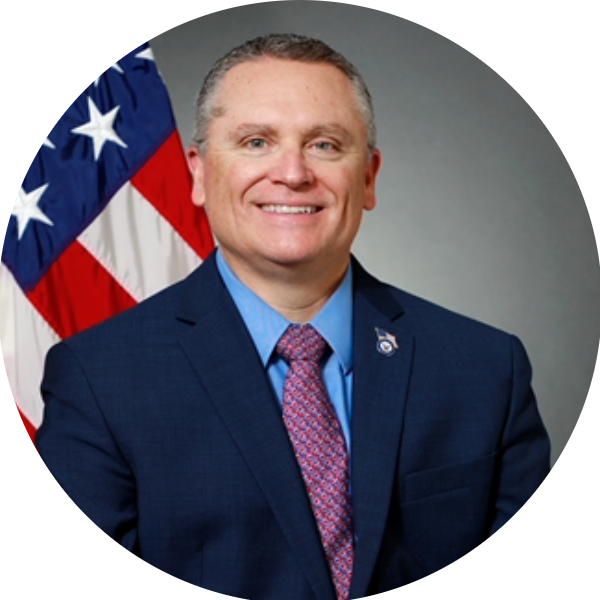 Thomas Dowd has worked for the Department of the Navy since 1988, primarily involved in Test and Evaluation of military systems. He became a Senior Executive Service member for the Department of the Navy in 2014. Since that time, he has held positions related to conducting Test and Evaluation of weapons, platforms and electronic warfare systems. He currently serves as the Senior Executive Director for the Ranges & Target Operations, Instrumentation Group at the Naval Air Warfare Center Weapons Division, China Lake & Point Mugu, CA. Mr. Dowd has a BS in Aerospace Engineering from Boston University (1988) and an MBA from Pepperdine University (2005). Thomas Dowd has worked for the Department of the Navy since 1988, primarily involved in Test and Evaluation of military systems. He became a Senior Executive Service member for the Department of the Navy in 2014. Since that time, he has held positions related to conducting Test and Evaluation of weapons, platforms and electronic warfare systems. He currently serves as the Senior Executive Director for the Ranges & Target Operations, Instrumentation Group at the Naval Air Warfare Center Weapons Division, China Lake & Point Mugu, CA. Mr. Dowd has a BS in Aerospace Engineering from Boston University (1988) and an MBA from Pepperdine University (2005).
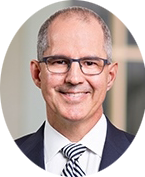 Scott Patrick helps lead NTIA’s work on spectrum policy issues as well as management of federal spectrum. NTIA’s Office of Spectrum Management is responsible for frequency assignment and strategic planning functions, including development of approaches to spectrum sharing.Before joining NTIA, Scott was a telecom and technology attorney at the law firm of Baker Hostetler, counseling wireless, cable, broadcast, and broadband companies. Prior to that, he had been an attorney in the FCC’s Wireless Bureau. He has a master’s degree in electrical engineering, and his first job was at the Naval Research Lab where he helped develop fiber optic electromagnetic field sensors. Scott Patrick helps lead NTIA’s work on spectrum policy issues as well as management of federal spectrum. NTIA’s Office of Spectrum Management is responsible for frequency assignment and strategic planning functions, including development of approaches to spectrum sharing.Before joining NTIA, Scott was a telecom and technology attorney at the law firm of Baker Hostetler, counseling wireless, cable, broadcast, and broadband companies. Prior to that, he had been an attorney in the FCC’s Wireless Bureau. He has a master’s degree in electrical engineering, and his first job was at the Naval Research Lab where he helped develop fiber optic electromagnetic field sensors.
1:00 Lunch2:00 - 2:45 Complexity of Channel Reassignment, Ariful Hannan, Solution Architect, Google
3:00 - 5:00 Roundtable discussion – moderated by Richard Bernhardt, WISPA and Co-chair of the CBRS Committee
Real Time Awareness of Radio Environment - Sensing versus Informing21 September 2023 9:00 Legacy Discussion - Preston Marshall, Google Developing the policy, technology, and systems needed to create wireless abundance. Immediate focus is on the application of shared spectrum to enable massive increases in wireless capacity. CBRS is the current focus for this effort, and expanding opportunities and ecosystem support for innovative deployments, including neutral host, private, and offload networks. Previously Deputy Director at USC Information Science Institute, with a personal research program in wireless technology, self-forming content delivery networks, electronic warfare, and algorithms for managing decisions in complex, ambiguous, and information-constrained environments. Participated in the Presidents Council of Advisers (PCAST) study on spectrum sharing, leading directly to the CBRS band. Was the witness to defend Administration PCAST study and initiative in Congressional Committee hearing. Developing the policy, technology, and systems needed to create wireless abundance. Immediate focus is on the application of shared spectrum to enable massive increases in wireless capacity. CBRS is the current focus for this effort, and expanding opportunities and ecosystem support for innovative deployments, including neutral host, private, and offload networks. Previously Deputy Director at USC Information Science Institute, with a personal research program in wireless technology, self-forming content delivery networks, electronic warfare, and algorithms for managing decisions in complex, ambiguous, and information-constrained environments. Participated in the Presidents Council of Advisers (PCAST) study on spectrum sharing, leading directly to the CBRS band. Was the witness to defend Administration PCAST study and initiative in Congressional Committee hearing.
9:30 Where Sensing Works versus Where it Doesn't - Preston Marshall, Google10:00 Issues with Incumbent Awareness in CBRS - Andy Clegg, Google Andrew Clegg is Spectrum Engineering Lead for Google (NASDAQ: GOOGL). He is currently focused on shared spectrum opportunities in mid-band spectrum, among other things. He was previously program director for spectrum management at the U.S. National Science Foundation, where he was the creator of a $60 million research program to support enhanced access to the radio spectrum. Prior to NSF, he was lead member of technical staff for Cingular Wireless (now AT&T Mobility), a senior engineer at Comsearch, and a research scientist at the Naval Research Laboratory. He holds a PhD in radio astronomy from the University of Virginia. Andrew Clegg is Spectrum Engineering Lead for Google (NASDAQ: GOOGL). He is currently focused on shared spectrum opportunities in mid-band spectrum, among other things. He was previously program director for spectrum management at the U.S. National Science Foundation, where he was the creator of a $60 million research program to support enhanced access to the radio spectrum. Prior to NSF, he was lead member of technical staff for Cingular Wireless (now AT&T Mobility), a senior engineer at Comsearch, and a research scientist at the Naval Research Laboratory. He holds a PhD in radio astronomy from the University of Virginia.
10:30 Break11:00 Issues with TVWS - Mark Gibson, CommScope With almost 35 years of spectrum management experience, Mark Gibson is responsible for developing domestic and international business opportunities for Comsearch. In addition to leading Comsearch’s technical and business development efforts numerous wireless and spectrum-related products and services, he has led efforts to address spectrum sharing between Federal government and commercial users. He leads CommScope’s CBRS efforts on the Spectrum Access System/Environmental Sensing Capability. He is on the board of the Wireless Innovation Forum and is a co-chair of the Commerce Spectrum Management Advisory Committee, where he has also co-chaired working groups related to spectrum sharing and data exchange issues. He has led Comsearch’s spectrum management efforts including the development of spectrum sharing analysis protocols and sharing criteria, as well as development of Comsearch’s engineering services and software products. He has led Comsearch’s efforts in working with the American Hospital Association as their technical partner for WMTS frequency coordination. He has authored several papers on spectrum sharing and relocation and has advised numerous wireless participants in their system design. He is a Senior Member of IEEE. With almost 35 years of spectrum management experience, Mark Gibson is responsible for developing domestic and international business opportunities for Comsearch. In addition to leading Comsearch’s technical and business development efforts numerous wireless and spectrum-related products and services, he has led efforts to address spectrum sharing between Federal government and commercial users. He leads CommScope’s CBRS efforts on the Spectrum Access System/Environmental Sensing Capability. He is on the board of the Wireless Innovation Forum and is a co-chair of the Commerce Spectrum Management Advisory Committee, where he has also co-chaired working groups related to spectrum sharing and data exchange issues. He has led Comsearch’s spectrum management efforts including the development of spectrum sharing analysis protocols and sharing criteria, as well as development of Comsearch’s engineering services and software products. He has led Comsearch’s efforts in working with the American Hospital Association as their technical partner for WMTS frequency coordination. He has authored several papers on spectrum sharing and relocation and has advised numerous wireless participants in their system design. He is a Senior Member of IEEE.
11:15 Opportunities for Passive Systems - Kevin Gifford, CU Boulder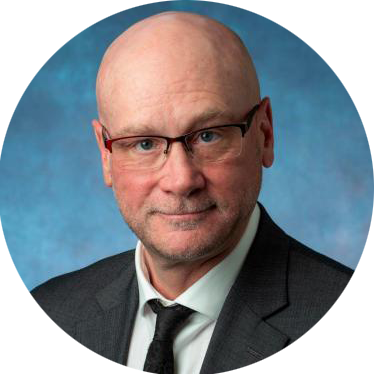 Kevin Gifford is Research Professor in the CU-Boulder Computer Science Department with a focus in wireless communications engineering and spectrum sharing. Prior to joining Computer Science, Kevin was a member of the CU-Boulder Aerospace Department for 20 years. Kevin Gifford is Research Professor in the CU-Boulder Computer Science Department with a focus in wireless communications engineering and spectrum sharing. Prior to joining Computer Science, Kevin was a member of the CU-Boulder Aerospace Department for 20 years.
In his communications related work some notable contributions include: Leading the teams that were the very first to fly the Linux operating system on both the Space Shuttle (1996) and on the International Space Station (2000); lead member of the NASA Disruption Tolerant Networking (DTN) team. Kevin lead the team that established the first two Interplanetary Internet nodes onboard the International Space Station enabling Internet-based communications in the vast and harsh environment of space; composed the NASA Institutional DTN deployment plan, and in 2015 DTN service provision was a seminal NASA-provided space communications service available for all International Space Station partners; and Working Group chairman of the Wireless Working Group, for the ISO affiliated Consultative Committee on Space Data Systems (CCSDS) and is the Co-Chair of the WInnForum Passive and Active Spectrum Sharing (PASS) Working Group. 11:45 Government perspective - Jennifer McCarthy, VP Legal Affairs, Federated Wireless1:00 Lunch2:00 Summary of Morning Session, Richard Bernhardt, WISPA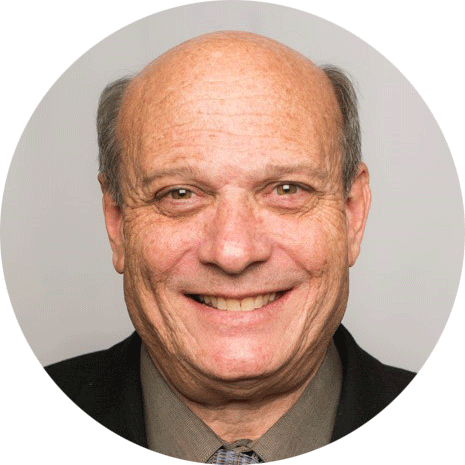 Richard Bernhardt, who currently serves with the Wireless Internet Service Providers Association (WISPA) as their National Spectrum Adviser. He is also the chairman of the Spectrum Sharing Committee (SSC), Operations Working Group (WG5) for the Forum, serving also on the group's Steering Committee and chair of the marketing function. WInnForum's SSC is the principal standards development organization for the telecom and wireless industries Citizens Broadband Radio Network (CBRS). Mr. Bernhardt is also the co-chair of the Fixed Wireless Access task group of the Business Wireless Group of the CBRS Alliance and the liaison representative for WISPA. Prior to these roles, he served as the Senior Director of Marketing and Communications for Streakwave Wireless Inc., a global wireless VAD for the wireless industry; and previously in a variety of senior roles in technology and start-up companies. Mr. Bernhardt has also served since 2006 on the board of directors and as chair of the executive board of the humanitarian organization, Bangla Hope, an orphanage and school system for destitute and orphaned children in need, located in Bangladesh. Mr. Bernhardt is married with one son. He attended California Western School of Law in San Diego, CA and holds a Juris Doctorate degree as well as dual bachelor's degrees in communications and political science from the University of California, Davis. Richard Bernhardt, who currently serves with the Wireless Internet Service Providers Association (WISPA) as their National Spectrum Adviser. He is also the chairman of the Spectrum Sharing Committee (SSC), Operations Working Group (WG5) for the Forum, serving also on the group's Steering Committee and chair of the marketing function. WInnForum's SSC is the principal standards development organization for the telecom and wireless industries Citizens Broadband Radio Network (CBRS). Mr. Bernhardt is also the co-chair of the Fixed Wireless Access task group of the Business Wireless Group of the CBRS Alliance and the liaison representative for WISPA. Prior to these roles, he served as the Senior Director of Marketing and Communications for Streakwave Wireless Inc., a global wireless VAD for the wireless industry; and previously in a variety of senior roles in technology and start-up companies. Mr. Bernhardt has also served since 2006 on the board of directors and as chair of the executive board of the humanitarian organization, Bangla Hope, an orphanage and school system for destitute and orphaned children in need, located in Bangladesh. Mr. Bernhardt is married with one son. He attended California Western School of Law in San Diego, CA and holds a Juris Doctorate degree as well as dual bachelor's degrees in communications and political science from the University of California, Davis.
2:15 to 5:00 Roundtable Discussion with the day's participants, moderated by Richard Bernhardt, WISPA
|

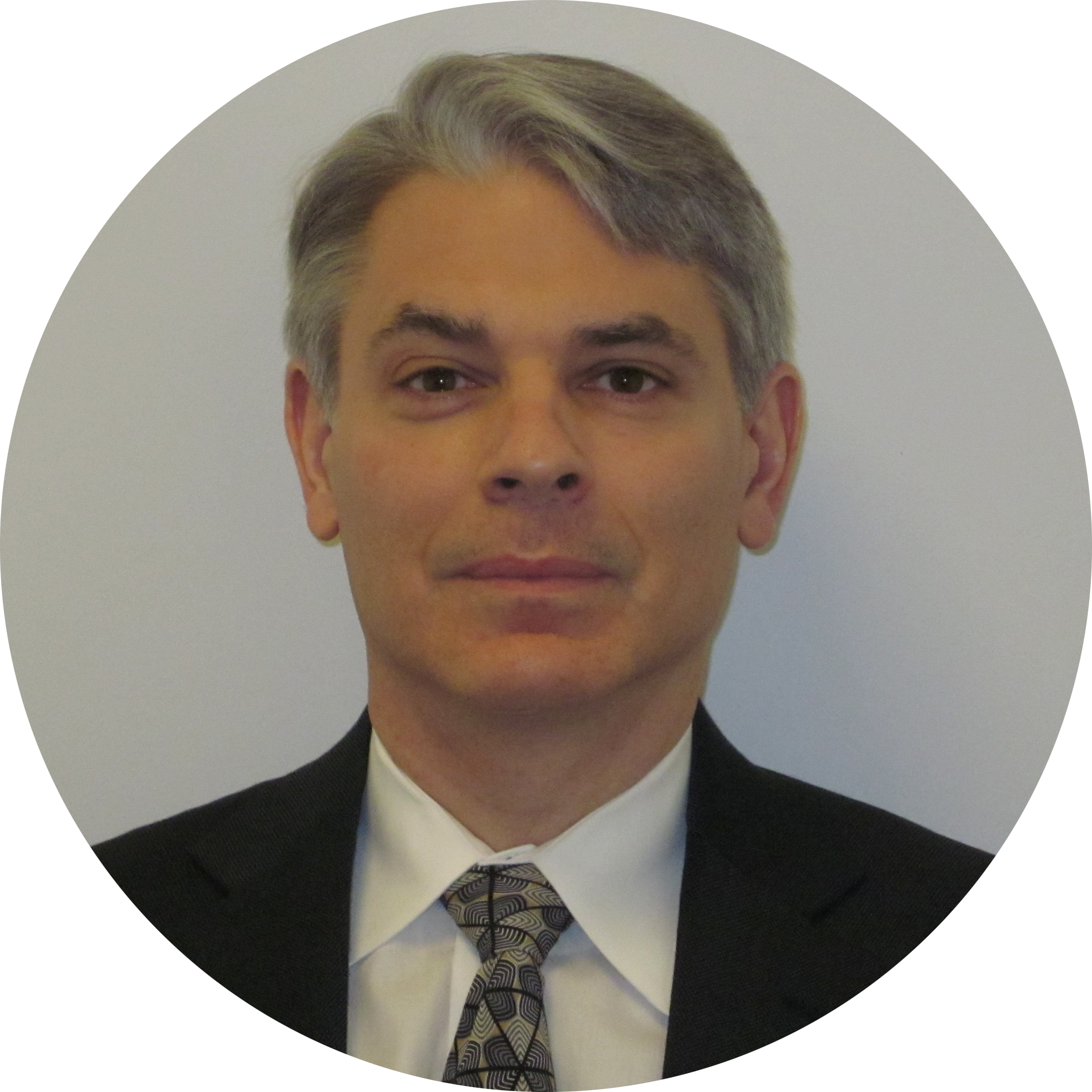 Max Solondz is a subject matter expert within the Advanced Technology Strategy Group at the Verizon CTO Office. In this role, he is responsible for radio network and product strategies built around new radio technologies and new frequency bands, as well as advocating for radio policies and radio standards with the FCC and other governmental agencies and international organizations. Previously, Max was a product manager for RF base station products at Alcatel-Lucent, where he has formerly held several positions in technology development, technology planning, systems engineering, radio design, new product initiation and demonstration. Previously, he held positions at Bell-Labs, ATT, and Lucent Technologies, over a period of 22 years, all in the development of radio systems for base station products. He holds a Master’s degree from University of Massachusetts with a specialty in microwave engineering. Over the last eight years, Max has been heavily involved with the CBRS band, working with the FCC since the initial shared-band concept was proposed, and working within the WINN Forum and OnGo (formerly the CBRS Alliance.)
Max Solondz is a subject matter expert within the Advanced Technology Strategy Group at the Verizon CTO Office. In this role, he is responsible for radio network and product strategies built around new radio technologies and new frequency bands, as well as advocating for radio policies and radio standards with the FCC and other governmental agencies and international organizations. Previously, Max was a product manager for RF base station products at Alcatel-Lucent, where he has formerly held several positions in technology development, technology planning, systems engineering, radio design, new product initiation and demonstration. Previously, he held positions at Bell-Labs, ATT, and Lucent Technologies, over a period of 22 years, all in the development of radio systems for base station products. He holds a Master’s degree from University of Massachusetts with a specialty in microwave engineering. Over the last eight years, Max has been heavily involved with the CBRS band, working with the FCC since the initial shared-band concept was proposed, and working within the WINN Forum and OnGo (formerly the CBRS Alliance.)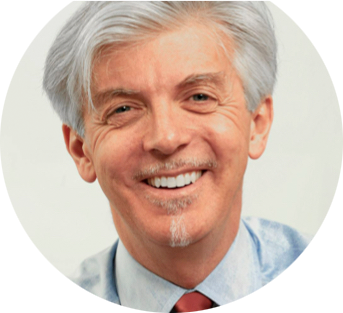 Stephen Rayment is VP of RAN Strategy in Ericsson’s North America CTO Office. He has been in the telecom industry for over 40 years, holding increasingly senior product and technology roles. Previously he co-founded 2 start-ups including a highly successful carrier Wi-Fi company. He is active in industry standardization, having held officer roles in IEEE 802.11, Wi-Fi Alliance and now President of the OnGo Alliance. He is author of over 80 patents world-wide. Stephen holds M.Sc, B.Sc. and Dipl. Admin degrees, is a Life Senior Member of the IEEE, and a lecturer at Carleton University.
Stephen Rayment is VP of RAN Strategy in Ericsson’s North America CTO Office. He has been in the telecom industry for over 40 years, holding increasingly senior product and technology roles. Previously he co-founded 2 start-ups including a highly successful carrier Wi-Fi company. He is active in industry standardization, having held officer roles in IEEE 802.11, Wi-Fi Alliance and now President of the OnGo Alliance. He is author of over 80 patents world-wide. Stephen holds M.Sc, B.Sc. and Dipl. Admin degrees, is a Life Senior Member of the IEEE, and a lecturer at Carleton University.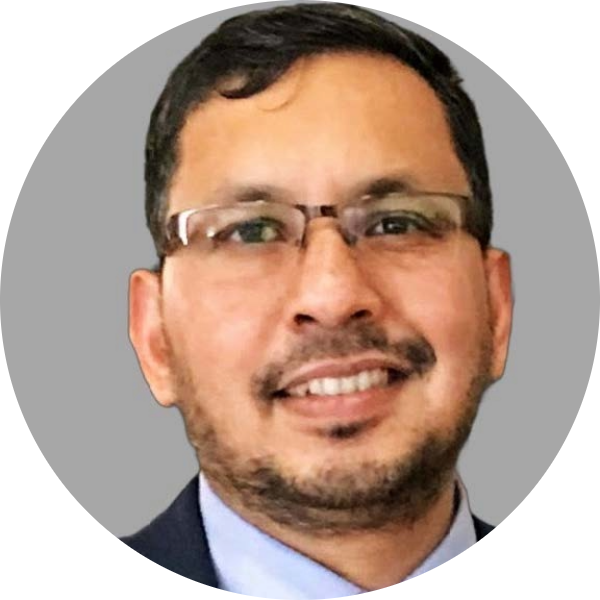 Ariful Hannan is a Solution Architect for the Telco Industry at Google Cloud. He has over 25 years of experience in wireless communication, software-defined radio, digital signal processing, cognitive radio, and coexistence between primary and secondary users. Ariful was involved in the 3.5 GHz band in the very early stages of the FCC rulemaking process. He worked in several key working groups in WInnForum to develop specifications for the three-tiered sharing model with other industry experts, regulatory bodies, and DoD/incumbents. Ariful also co-chairs the Coexistence Task Group (CTG) in OnGo Alliance and is a member of the PATHSS Task Group at NSC.
Ariful Hannan is a Solution Architect for the Telco Industry at Google Cloud. He has over 25 years of experience in wireless communication, software-defined radio, digital signal processing, cognitive radio, and coexistence between primary and secondary users. Ariful was involved in the 3.5 GHz band in the very early stages of the FCC rulemaking process. He worked in several key working groups in WInnForum to develop specifications for the three-tiered sharing model with other industry experts, regulatory bodies, and DoD/incumbents. Ariful also co-chairs the Coexistence Task Group (CTG) in OnGo Alliance and is a member of the PATHSS Task Group at NSC.